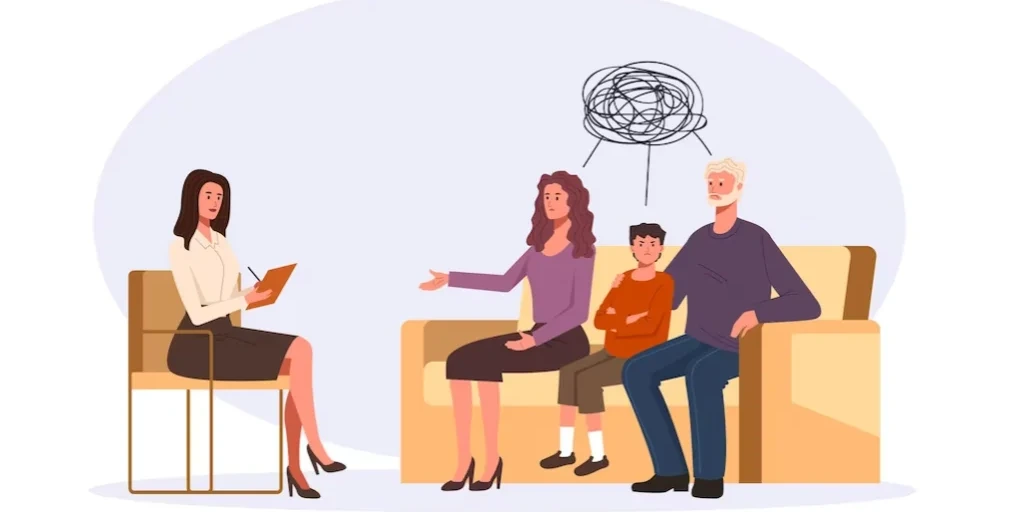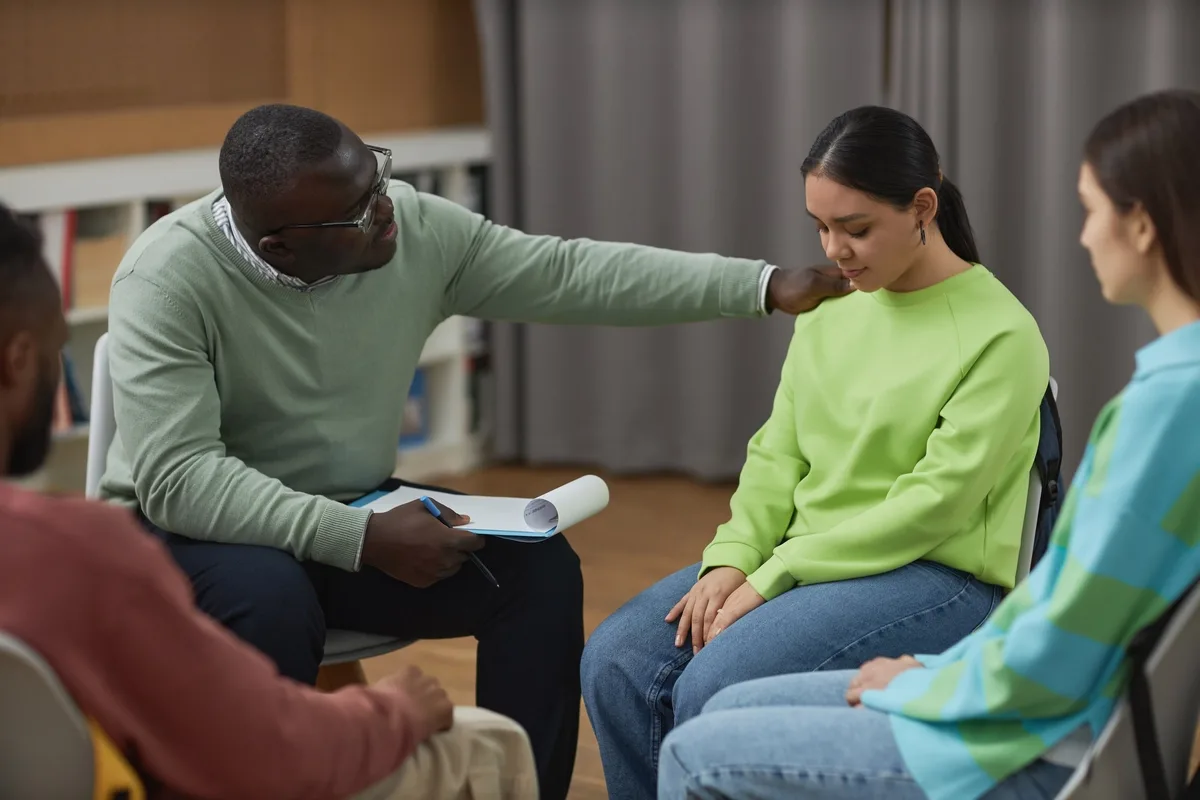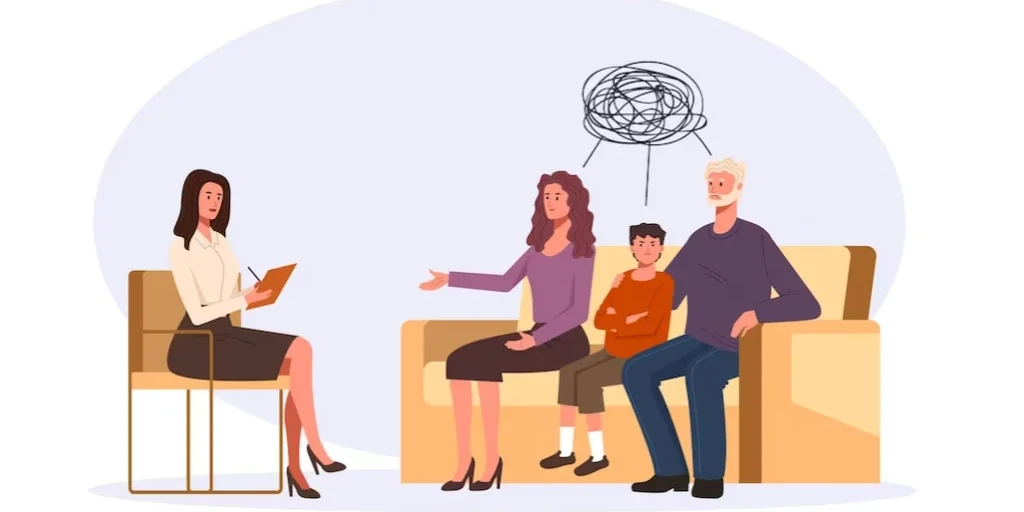24/7 Helpline:
(866) 899-221924/7 Helpline:
(866) 899-2219
Learn more about Dual Diagnosis Rehab centers in Forsyth County

Other Insurance Options

Medical Mutual of Ohio

Aetna

Providence

Meritain

Magellan

Kaiser Permanente

Access to Recovery (ATR) Voucher

Health Choice

Highmark

Anthem

Multiplan

Carleon

Health Net

Private insurance

Holman Group
Beacon

Ceridian

Excellus

WellPoint

MVP Healthcare

Addiction Recovery Care Association
The Addiction Recovery Care Association, better known as ARCA, is a place where a family-focused env...

Insight Human Services
Insight Human Services (IHS) is an accredited substance use and co-occurring mental illness rehab ne...

Daymark Recovery Services
Daymark Recovery Services is located in Winston Salem, North Carolina. Daymark Recovery Services is ...

Novant Behavioral Health
Novant Behavioral Health offers outpatient services for individuals with alcohol and/or substance ad...

Forsyth Medical Center – Behavioral Health
Forsyth Medical Center – Behavioral Health is a private rehab located in Winston Salem, North Caroli...

Fellowship Home
Fellowship Home is an inpatient rehab for men located in Winston Salem, NC. Fellowship Home speciali...

Twin City Counseling Center
Twin City Counseling Center offers DWI and non-DWI substance abuse assessment and treatment. Their t...

Winston Salem OPC Satellite – Outpatient Clinic
Winston Salem OPC Satellite – Outpatient Clinic is a public rehab located in Winston Salem, North Ca...

Winston Psychiatric Associates
Winston Psychiatric Associates is a private rehab located in Winston Salem, NC. Winston Psychiatric ...

Triad Therapy
Triad Therapy is an outpatient treatment specializing in mental illness and addiction issues. Servic...

Daymark Recovery Services Forsyth Center
Daymark Recovery Services Forsyth Center is a private rehab located in Winston Salem, North Carolina...

New Leaf Adolescent Care
New Leaf Adolescent Care provides behavioral health services for children, adolescents, and adults. ...

Winston-Salem Comprehensive Treatment Center
Winston-Salem Comprehensive Treatment Center is a private rehab located in Winston Salem, North Caro...

Life Changes
Life Changes offers a variety of programs including EAP Services, DWI Assessments & Treatment, and S...


































































































OSA Assessment and Counseling
OSA Assessment and Counseling is an outpatient rehab located in Kernersville, NC. OSA Assessment and...

Al – Anon
Al – Anon is a non-profit rehab located in Winston Salem, North Carolina. Al – Anon specializes in t...

Centerpoint Human Services
Centerpoint Human Services is a private rehab located in Winston Salem, North Carolina. Centerpoint ...

Youth Opportunities Therapeutic
Youth Opportunities Therapeutic offers outpatient services for children and adolescents with a menta...

Foundation Strong
Foundation Strong is a private rehab located in Kernersville, North Carolina. Foundation Strong spec...

Community Choices
Community Choices is a private rehab located in Winston Salem, North Carolina. Community Choices spe...

Community Involvment Program
Community Involvment Program is a private rehab located in Winston Salem, North Carolina. Community ...

Glenn’s Counseling Service
Glenn’s Counseling Service is a private rehab located in Winston Salem, North Carolina. Glenn’s Coun...

Youth Opportunities
Youth Opportunities is a private rehab located in Winston Salem, North Carolina. Youth Opportunities...

Daymark Recovery Services – PSR – ACTT
Daymark Recovery Services - PSR/ACTT is located in Winston Salem, North Carolina. Daymark Recovery S...

Osa Assessment and Counseling
Osa Assessment and Counseling is a private rehab located in Clemmons, North Carolina. Osa Assessment...

Alive and Well
Alive and Well is a private rehab located in Winston Salem, North Carolina. Alive and Well specializ...







































































































